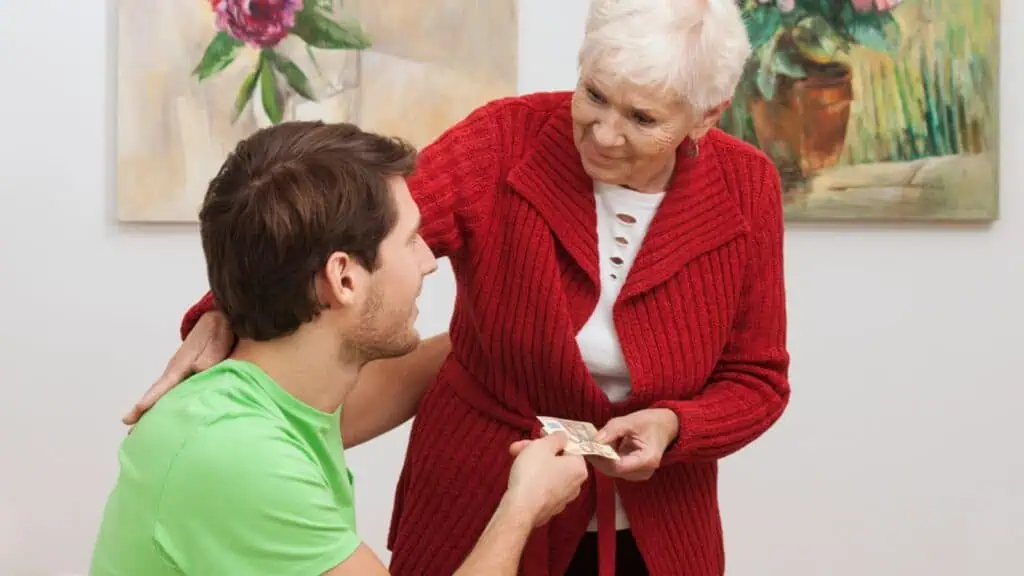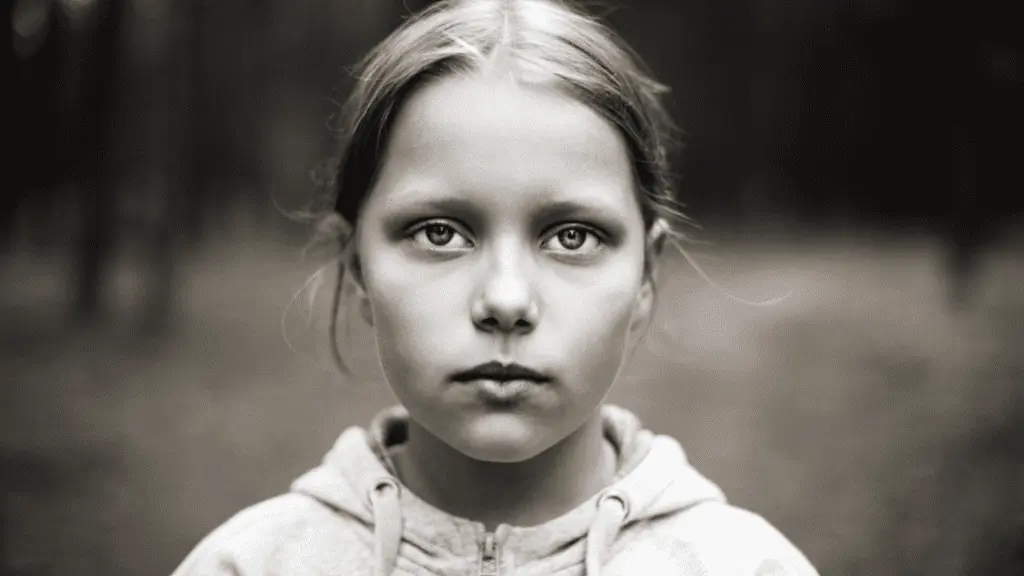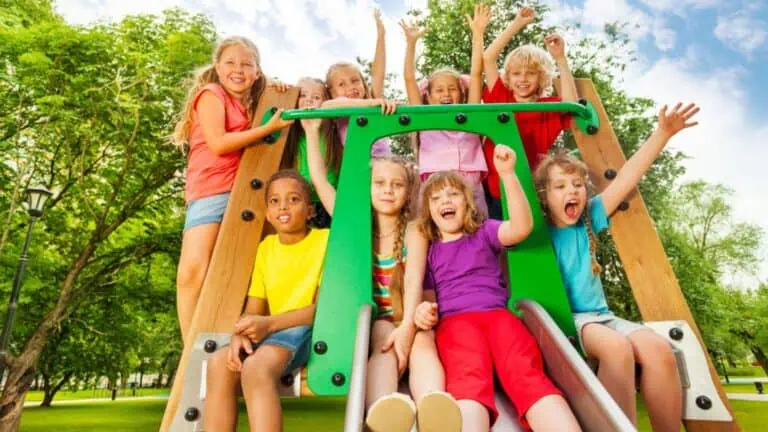14 Things to Avoid Asking Our Grandkids
This post may contain affiliate links. As an Amazon Associate, I earn from qualifying purchases.
Have you seen a grandchild with a grandparent? It’s one of the sweetest bonds you will ever witness. It’s been said that grandchildren are God’s gifts. Psychologists say that children whose grandparents are present in their lives have fewer emotional and behavioral problems.
Regardless of how close the bond between grandparents and grandkids is, there are things that a grandparent should think twice about asking their grandchild. This relationship thrives on love, understanding, and shared experiences. Respecting the boundaries and privacy that your grandkids might value is important.
This doesn’t mean you should be afraid to talk to your grandkids or have difficult/meaningful conversations with them. These points are meant to help grandparents (and parents!) think twice about the messages or fears they may unintentionally instill in their kids.
Thus, it’s worth thinking twice before asking your grandkids certain things to ensure your conversations remain respectful and nurturing.
1. Their Religious Beliefs

Religion is a deeply personal matter that should be open to discussion (as long as the person is up for the conversation). However, if parents and grandparents do not agree on religious beliefs, religion can be a tough subject and lead to an even bigger rift. So sometimes, some conversations are better left unsaid.
Badgering your grandkids about their religious beliefs or questioning their faith can feel intrusive. They might be exploring their spiritual path or choosing different beliefs, and it is important to support them without prying too much or making them feel judged harshly.
Instead of asking directly, let them bring up the topic if they’re comfortable. Appreciate their journey and be open to listening when they decide to share. Be kind even if they choose a religion that you don’t understand or wouldn’t approve of.
2. Their Physical Appearance

Kids exploring how to express themselves might show up for Thanksgiving with strange makeup, piercings, and green hair. Comments about physical appearance, even with good intentions, can be sensitive. Questions or remarks about weight, skin, hair, or overall looks can impact self-esteem and body image.
Focus on complimenting their talents, achievements, and character traits. Highlighting their inner qualities will foster a more positive and supportive atmosphere. Depending on your relationship and level of openness with them, you can lovingly guide them and explain how some looks may affect how people see them, especially in the corporate world.
3. Their Choice to Get Married

Marriage is a significant personal decision, and not everyone aims to walk down the aisle. Some people don’t want to, and others aren’t hitting the love jackpot. Most grandparents are curious whether their grandchildren have “found someone” yet. While you mean well, asking your grandkids when they’re getting married or why they haven’t yet can place unnecessary pressure or heartache on them.
Respect their choices and understand that they will make such decisions when prepared. Celebrate their milestones, whether they choose marriage or not. They’ll be more comfortable around you when you’re not playing matchmaker at every family wedding.
4. Their Choice to Have Kids

Questions about starting a family can be deeply emotional and sometimes painful. Not all individuals want to become parents, and some might face challenges. You may be adding pressure to someone who has to inject themselves with hormones daily for IVF, has dealt with a miscarriage, or some other trauma they don’t feel like discussing. Or maybe they actually never want to have kids.
Allow them to share their family plans voluntarily. Being supportive without delving into their personal choices (unless they want to) will strengthen your relationship. They may be open to sharing their struggles or choices when they see that your heart is in the right place.
5. Why They’re Still Single

Many grandparents seem to abhor singleness, they want everyone to have someone some how. However, being single is a valid life choice. Asking why they are still single can make your grandkids feel judged or inadequate. It’s good to find out why they feel this was, and most will be happy to talk to their favorite Nana about this huge life decision.
Focus on their happiness and achievements instead. Trust that they will share their relationship status and feelings when they want to. And if they choose singlehood for the rest of their lives, it’d be nice not to remind them every Christmas holiday how they’re missing out on life.
6. Why They’re Going to Therapy

Therapy is a brave step towards mental wellness but also a private matter. If you get wind of their therapy seeking, telling them how therapy is a scam and a waste of time may make them feel uncomfortable or defensive. You may never know the wounds they carry in their hearts, some that they may not be ready to talk about yet.
Offer support and tell them you’re there if they need to talk. Give them the privacy they deserve and laud their effort to improve their mental health.
7. How Much They Make

Money talks may seem like nothing to you (after all, they might inherit yours), but money can be a sensitive topic for your grandkids. Asking about their salary or financial status can feel invasive and may lead to discomfort. They may feel judged, especially if they aren’t making as much as their peers or your other grandkids.
Respecting other people’s financial privacy, even your grandkids, is good etiquette. If the conversation moves towards money, let them steer it and share what they feel comfortable revealing. Don’t make them feel lazy or like failures if they’re making less than you thought.
8. Their Career Choices

They may have chosen a career different from what you’d have wanted them to, but questioning their job decisions or showing disappointment can strain your relationship. Celebrate their passions and accomplishments, regardless of their career choices. Show interest and support for their professional journey.
Although they share your DNA, they may not want to be mechanical engineers like you. Even if you don’t approve of their career in fine arts, don’t make it obvious. They may be very successful in their respective fields, which you might find fascinating when you develop real interest.
9. Their Political Views

Politics can be a divisive topic, and your grandkids may have different views from yours. Asking about their political beliefs or trying to convince them to adopt your views can lead to discomfort or heated discussions.
It’s important to appreciate their right to their own opinions. Have discussions only if they can remain open-minded and non-judgemental (from both sides). Focus on common ground and shared values, and enjoy each other’s company without the need for political debates.
10. Their Social Media Activity

Social media is a personal space where people express themselves freely. Asking your grandkids why they posted something or questioning their online interactions can feel intrusive (they don’t need another internet troll).
If you are truly concerned bout their mental health or safety due to what they’re posting, of course, speak up! Allow them their digital freedom and be mindful of their boundaries. If they choose to share something from their social media with you, engage with it positively and respectfully.
11. Their Friends or Social Circles

Grandkids make friends and form social circles that might differ from what you expect. Asking why they hang out with certain people or judging their friends can be hurtful. Let them be unless they’re hanging out with people who are likely to send them to prison or the cemetery.
Trust their judgment in choosing their friends. Show interest in knowing their friends without being judgmental, and support their social relationships. You can be a grandparent to their friends as well, and you’ll get to know them better.
12. Their Lifestyle Choices

Most older generations don’t understand why young people choose to live the way they do. Lifestyle choices like diet, exercise, or hobbies are personal decisions. Belittling your grandkids’ lifestyle or suggesting they change unconditionally can be perceived as critical. Instead, you can have an educational discussion on the different lifestyle choices and how they benefit them.
Encourage them in their pursuits and show appreciation for their lifestyle choices. Whether they’re vegan, marathon runners, or avid gamers, accept and support their interests. Offer you time-tested choices as well and allow them to try them.
13. Their Fashion Choices

Your grandkids’ dressing will most likely raise some eyebrows from older generations. Does anyone understand ripped jeans and harem pants? Fashion is a form of self-expression, and your grandkids’ style might differ from yours. Questioning their fashion choices or suggesting they dress differently can make them self-conscious.
Celebrate their uniqueness and creativity. Compliment their style and encourage their individuality, regardless of whether it aligns with your fashion preferences.
14. Their Educational Choices

Your grandkids may pursue different educational paths that don’t match your expectations. Disapprovingly asking why they chose a particular course or degree can add pressure and insecurity. You have the advantage of years of experience that they can learn from and have an open discussion on different career paths if they’re open to it.
Support their educational decisions and celebrate their academic achievements. Recognize that they are choosing paths that they are passionate about, even if it’s not the traditional route you imagined. At the end of the day, they’d love to be appreciated by you.
20 Strong Words Parents Should Never Say to Their Kids

Countless adults sitting in a therapist’s office today are grappling with the lasting impact of words spoken by their parents during childhood. Regardless of how you perceive yourself, in your child’s eyes, you are nothing short of the most remarkable thing to happen to them since “skip intro.” This underscores the critical importance of being mindful of what you say to your children, as your words become the small but influential voice in their developing minds.
20 Strong Words Parents Should Never Say to Their Kids
16 Common Phrases Grandparents Should Stop Saying to Their Grandkids

Do you still remember something your grandparents said that made you uncomfortable? As much as we adore our grandparents, their words (even with good intentions) can sometimes hurt our feelings or are plain embarrassing.
If you are a grandparent, using your words mindfully around your grandkids is as crucial as any other relationship. Words hold immense power and shape our kids’ behaviors and perceptions.
16 Common Phrases Grandparents Should Stop Saying to Their Grandkids







